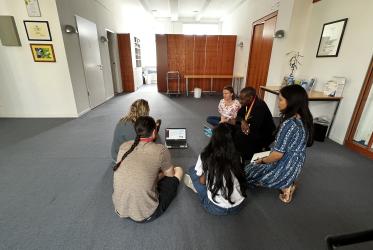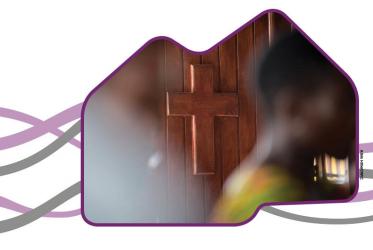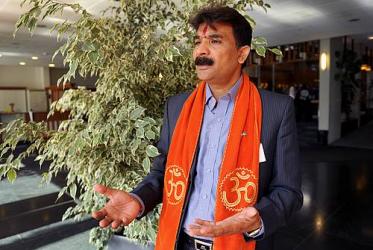Displaying 1 - 20 of 46
16 Days: global voices ring strongly against gender-based violence
11 December 2020
Freedom of religion rooted in justice
06 March 2020
CCIA meets in Brisbane with focus on Pacific regional priorities
19 February 2020
Peace-building women explore their strength, value
28 November 2019
WCC promotes Global Day of Prayer to End Famine
06 June 2018
Churches in Norway and Pakistan break new ecumenical ground
26 January 2017
Pilgrimage for climate justice continues in Norway
04 August 2015
WCC condemns the killing of Christian couple in Pakistan
11 November 2014
Concern over recent developments in Pakistan’s Asia Bibi case
28 October 2014
Use of armed drones condemned by WCC
13 February 2014
Hope born in the womb of God
05 November 2013
Thursdays in Black: zero tolerance for violence against women
11 October 2013
Hindus in Pakistan are a forgotten community
20 September 2012







